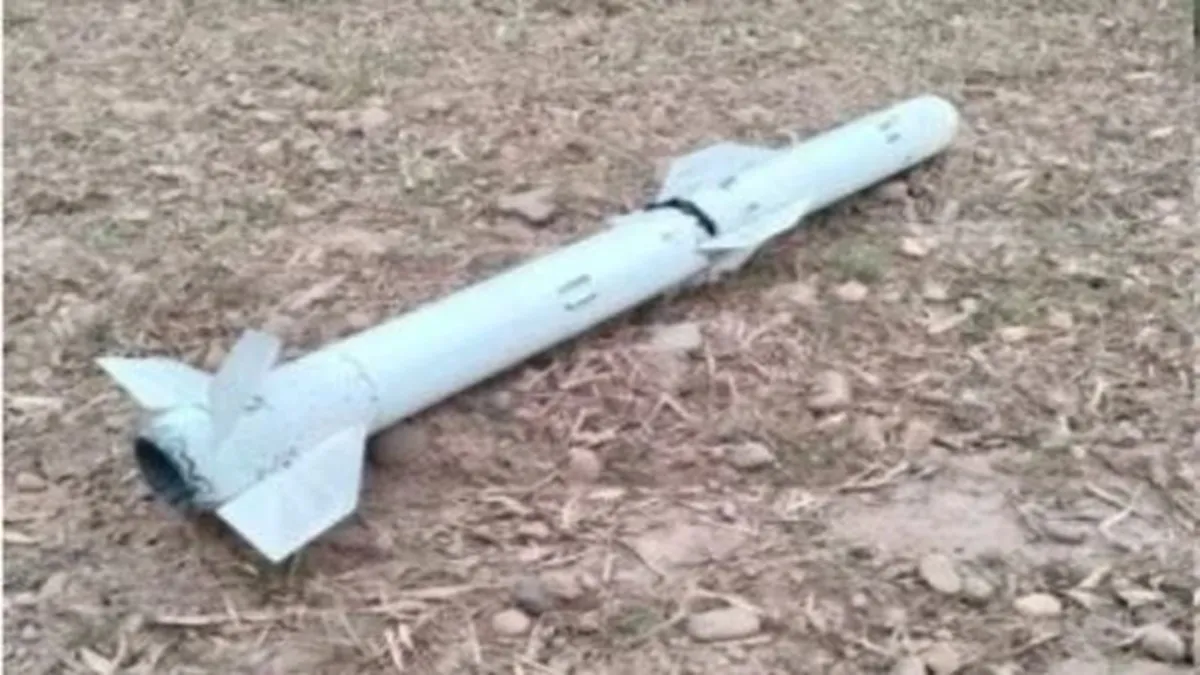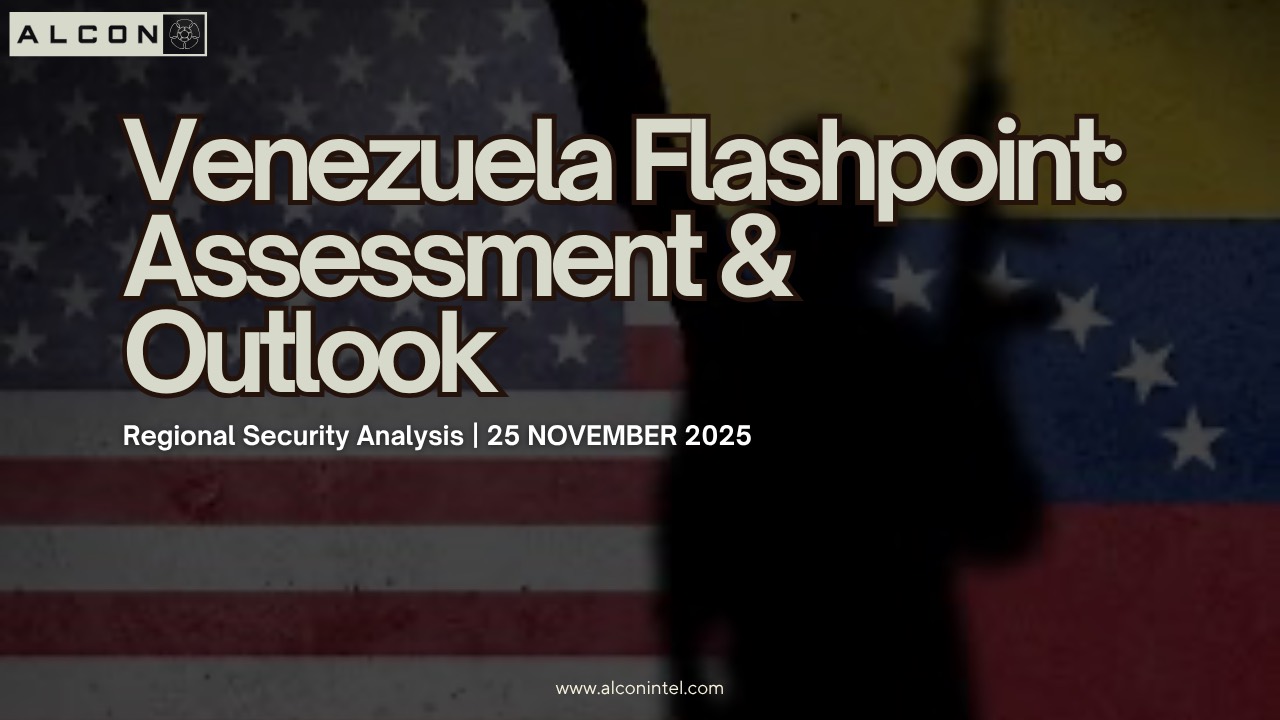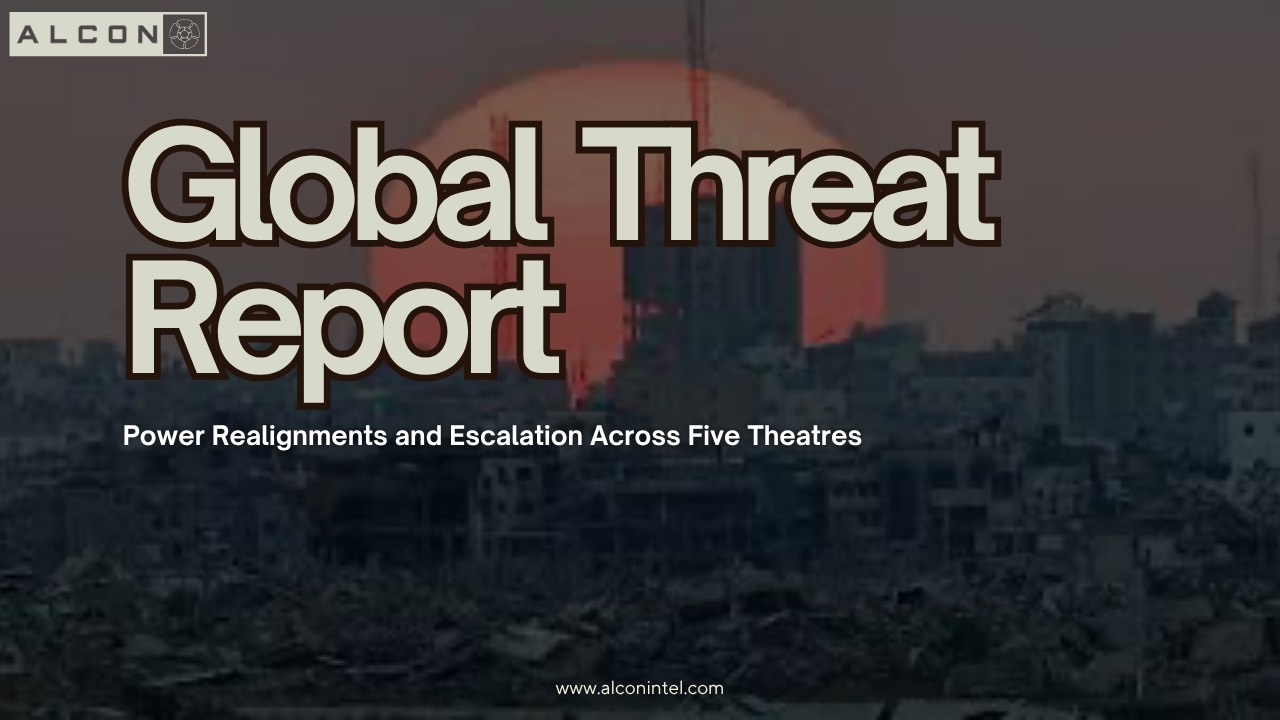Contours of Competition: States Reposition Across Theatres
Disclaimer
All insights in this report are derived from adversarial OSINT and primary reporting within ALCON Intelligence Summaries. Content reflects foreign and multi-source claims intended to present a non-Western-aligned situational picture.
Hey team,
Regional flashpoints remain active across Asia, the Middle East, and Latin America. South Asia has seen direct missile use between India and Pakistan, the West Bank remains volatile under Israeli security operations, Russia continues diplomatic advances in Africa, and political friction in the Americas persists around Israel and China policy.
BLUF
Pakistan’s confirmed combat use of China’s PL-15E air-to-air missile marks a new phase in South Asia’s airpower competition. Israel’s targeted killing of a senior Islamic Jihad commander in the West Bank signals sustained high-intensity security operations. Russia is leveraging Victory Day diplomacy to consolidate African partnerships and frame its Ukraine peace proposal as constructive. In the Americas, Brazil’s pro-Palestinian stance and outreach to China are reshaping its foreign policy image while the US maintains pressure on Venezuela.
Indo - Pacific
Pakistan’s confirmed first combat use of the Chinese-origin PL-15E missile against India signals a significant technological escalation. The debris recovery in India verifies employment of beyond-visual-range weapons with ranges exceeding 140 km, altering the tactical balance against Indian Rafale and Su-30MKI aircraft.

China’s concurrent diplomatic messaging during Xi Jinping’s Russia visit framed the Sino-Russian partnership as “rock-solid,” linking strategic depth with shared narratives on Western containment. North Korea reinforced alignment during Victory Day ceremonies, underscoring trilateral coordination among Beijing, Moscow, and Pyongyang.
Short-term outlook:
India is likely to accelerate counter-missile and sensor integration in response to PL-15E deployment. Beijing and Moscow will continue joint signalling through upcoming September summits.
Military Intelligence Operator Course (MIOC) - Expressions of Interest
In an era of accelerating global conflict across conventional, irregular, and hybrid environments, demand for trained military intelligence operators is rising. MIOC is an 8-week, cohort course that builds the skills to collect, analyse, and brief for contemporary operations. Coming 2026.
Click here to express interest
Middle East
Israeli forces killed Nour al-Bitawi, a senior commander of Palestinian Islamic Jihad’s Jenin Battalion, during an operation in Nablus. The raid involved the Yamam counter-terrorism unit, Shin Bet, and IDF elements using encirclement and explosive-laden drones.

Jenin and Nablus remain focal points for recurrent Israeli raids and militant counter-actions. Civilian casualties and infrastructure losses are reported to continue despite current cease-fire agreements.
Short-term outlook:
Targeted raids are almost certain to continue, with possible flare-ups around funerals or anniversaries. No large-scale escalation is likely unless civilian casualty numbers rise sharply. Cease-fire is likely to remain fractured in isolated flashpoints.
Africa
Burkina Faso’s interim President Ibrahim Traoré’s Moscow visit reinforced Russian influence in the Sahel. Discussions covered arms supply, training, and security cooperation, with rhetoric framing Russia as a reliable anti-terror partner amid Western disengagement.

Russia’s defence ministry simultaneously held talks with over twenty delegations from Africa and the Middle East, promoting Moscow as an alternative security provider and peace negotiator on Ukraine.
Short-term outlook:
Russian security partnerships in Africa are likely to deepen, particularly with Burkina Faso and Nigeria. Kremlin mediation offers on Ukraine are unlikely to produce outcomes but bolster its soft-power narrative in the Global South.
Americas
Brazil’s President Lula da Silva faces criticism from Jewish organisations for renewed accusations of Israeli “genocide” in Gaza, prompting domestic and diplomatic backlash. Despite this, Lula continues to advance major trade and infrastructure deals with China aimed at countering US tariff pressure.
In parallel, Washington denied Venezuelan claims of negotiations over opposition figures sheltering in the Argentine Embassy, reaffirming its support for democratic opposition while maintaining sanctions. Argentina’s discovery of Nazi-era archives has also drawn international attention to unresolved historical investigations.
Short-term outlook:
Brazil-Israel tensions are likely to persist; expanded Brazil-China trade cooperation will proceed despite Western criticism. The US-Venezuela standoff will remain static absent policy change.
Closing
Each region continues to evolve along established fault lines - technological escalation in South Asia, persistent counter-insurgency in the West Bank, Russian outreach in the Sahel, and ideological divergence in the Americas. The coming month will test whether these trends harden into enduring alignments or give way to tactical recalibration.
What are you watching? Let us know in the comments below!






Responses